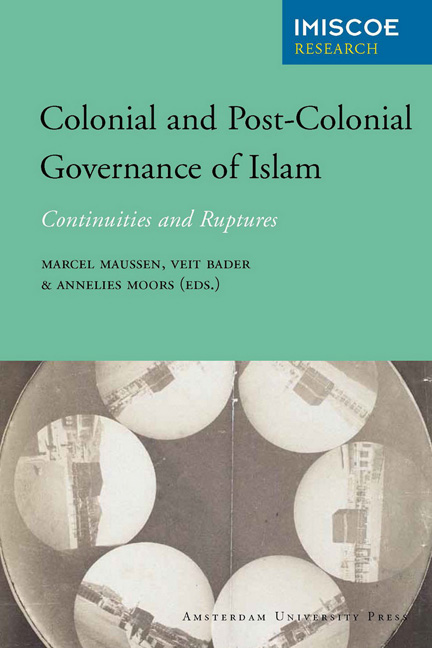3 - Educating Sudanese Ulama for Colonial Sharia
Published online by Cambridge University Press: 05 February 2021
Summary
By the early years of the twentieth century, there was nothing remarkable about Egyptians travelling south beyond their country's borders to visit Khartoum. After all, much of the Sudan had once been considered part of Egypt, conquered by the ruling family and its military. In 1837, the elderly Mehmet Ali Pasha, the founding Ottoman-Egyptian Wali, had himself undertaken an arduous journey through his southerly possessions. In the nineteenth century, large numbers of Egyptians settled in the Sudan. During the reconquest of the Sudan in the late 1890s, thousands of Egyptian soldiers were part of the British-led campaigns to overthrow the Mahdist State.
So it was no surprise when a prominent Egyptian travelled to Khartoum, for the connections had been forged in war and conquest over many decades and, if one takes a longer view, many centuries. There was, of course, movement in the other direction as wTell: Sudanese who travelled voluntarily for various reasons to Cairo; studying at the mosque-university of Al-Azhar was among the reasons for northern Sudanese to go further north. Education was a field that bound many respectable inhabitants of the two regions firmly together. Al-Azhar held a major place in the imagination of educated elites and ordinary Muslims along the Nile valley and indeed throughout Muslim Africa. By the mid-nineteenth century, Al-Azhar had living quarters for students from Sudan named after the regions of Sinnar, Berber and Dar Fur. Going to Al-Azhar and returning from there with certification held tremendous practical and symbolic power, power that was both religious and worldly. Especially because of the roughly fifteen-year Mahdist interregnum in Sudan in the early twentieth century, it was a relative rarity for a local scholar to have been fully educated at Al-Azhar, so an Al-Azhar education was always looked highly upon. During the Mahdiyyah (Sudanese religious movement), there were only seven scholars with Azhar backgrounds who had any prominence (see Sulayman 1985). Disseminating the learning acquired at Al-Azhar was part of the duties of a recently graduated alim (singular of ulama, a Muslim learned in religious matters). This would often entail establishing a madrassa at home or at a mosque in the town or village of the alim, or becoming a qadi (judge ruling in accordance with the sharia).
- Type
- Chapter
- Information
- Colonial and Post-Colonial Governance of IslamContinuities and Ruptures, pp. 49 - 64Publisher: Amsterdam University PressPrint publication year: 2012

